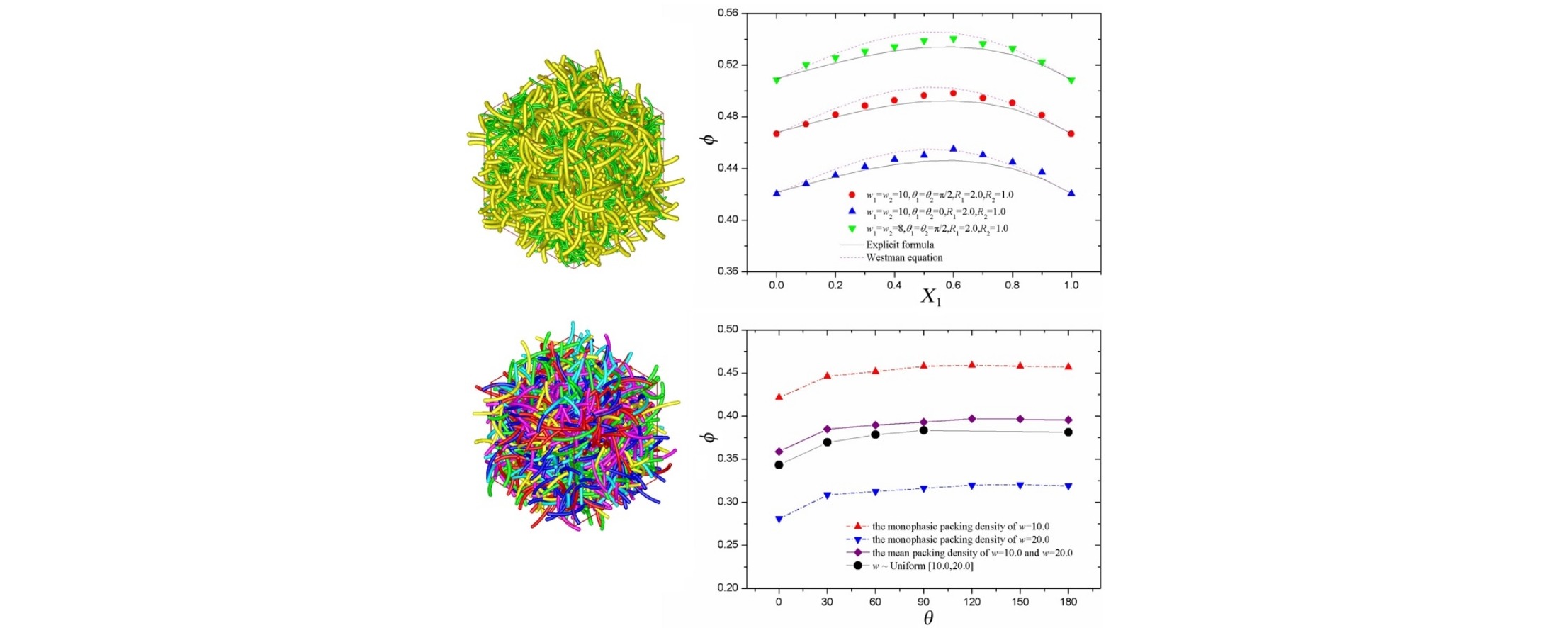- Volumes 84-95 (2024)
-
Volumes 72-83 (2023)
-
Volume 83
Pages 1-258 (December 2023)
-
Volume 82
Pages 1-204 (November 2023)
-
Volume 81
Pages 1-188 (October 2023)
-
Volume 80
Pages 1-202 (September 2023)
-
Volume 79
Pages 1-172 (August 2023)
-
Volume 78
Pages 1-146 (July 2023)
-
Volume 77
Pages 1-152 (June 2023)
-
Volume 76
Pages 1-176 (May 2023)
-
Volume 75
Pages 1-228 (April 2023)
-
Volume 74
Pages 1-200 (March 2023)
-
Volume 73
Pages 1-138 (February 2023)
-
Volume 72
Pages 1-144 (January 2023)
-
Volume 83
-
Volumes 60-71 (2022)
-
Volume 71
Pages 1-108 (December 2022)
-
Volume 70
Pages 1-106 (November 2022)
-
Volume 69
Pages 1-122 (October 2022)
-
Volume 68
Pages 1-124 (September 2022)
-
Volume 67
Pages 1-102 (August 2022)
-
Volume 66
Pages 1-112 (July 2022)
-
Volume 65
Pages 1-138 (June 2022)
-
Volume 64
Pages 1-186 (May 2022)
-
Volume 63
Pages 1-124 (April 2022)
-
Volume 62
Pages 1-104 (March 2022)
-
Volume 61
Pages 1-120 (February 2022)
-
Volume 60
Pages 1-124 (January 2022)
-
Volume 71
- Volumes 54-59 (2021)
- Volumes 48-53 (2020)
- Volumes 42-47 (2019)
- Volumes 36-41 (2018)
- Volumes 30-35 (2017)
- Volumes 24-29 (2016)
- Volumes 18-23 (2015)
- Volumes 12-17 (2014)
- Volume 11 (2013)
- Volume 10 (2012)
- Volume 9 (2011)
- Volume 8 (2010)
- Volume 7 (2009)
- Volume 6 (2008)
- Volume 5 (2007)
- Volume 4 (2006)
- Volume 3 (2005)
- Volume 2 (2004)
- Volume 1 (2003)
• Binary and polydisperse mixtures of curved spherocylinders were simulated via sphere assembly models and relaxation algorithm.
• Shape and size independently influenced the mixture density of binary curved spherocylinders.
• The explicit formula was extended to include a non-convex shape factor.
• Packing density of polydisperse mixture was equivalent to binary mixture with certain components.
Particle elongation is an important factor affecting the packing properties of rod-like particles. However, rod-like particles can be easily bent into non-convex shapes, in which the effect of bending should also be of concerned. To explore the shape effects of elongation and bending, together with the size and volume fraction effects on the disordered packing density of mixtures of non-convex particles, binary and polydisperse mixtures of curved spherocylinders are simulated employing sphere assembly models and the relaxation algorithm in the present work. For binary packings with the same volume, curves of the packing density versus volume fraction have good linearity, while densities are plotted as a series of equidistant curves under the condition of the same shape. The independence of size and shape effects on the packing density is verified for mixtures of curved spherocylinders. The explicit formula used to predict the density of binary mixtures, by superposing the two independent functions of the size and shape parameters, is extended to include a non-convex shape factor. A polydisperse packing with the shape factor following a uniform distribution under the condition of the same volume is equivalent to a binary mixture with certain components. The packing density is thus predicted as the mean of maximum and minimum densities employing a weighing method.

